Question And Answer
Publications
Articles, publications, books, tools and multimedia features from the U.S. Institute of Peace provide the latest news, analysis, research findings, practitioner guides and reports, all related to the conflict zones and issues that are at the center of the Institute’s work to prevent and reduce violent conflict.
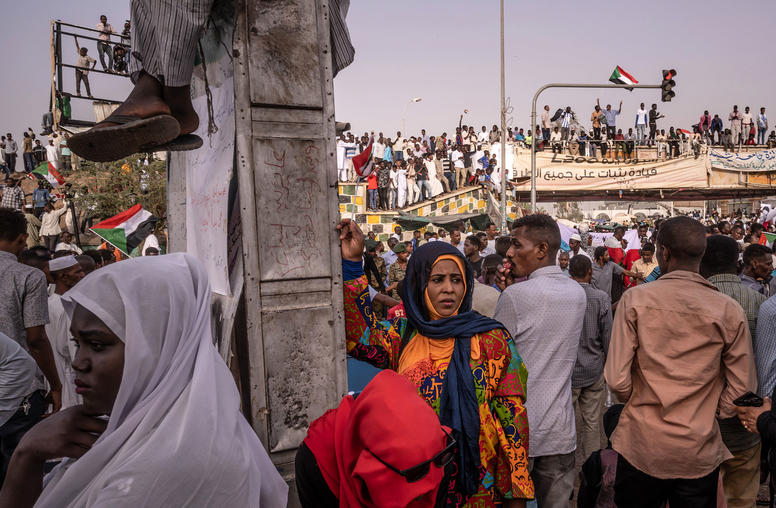
إعادة عملية الانتقال السياسي في السودان إلى مسارها الصحيح
قد حكم الجيش السودان لمدة 53 عامًا من أصل 66 عامًا مضت منذ حصوله على الاستقلال عام 1955. وفي 25 أكتوبر/تشرين الاول استولى الجيش، في حركة مألوفة على السلطة مما ألقى بظلال من الشك على التحول السياسي الذي من شأنه أن يؤدي إلى حكم مدني. وتم حل القيادة المدنية واعتقال قادتها وإعلان حالة الطوارئ. واستشهد قائد الانقلاب الجنرال عبد الفتاح برهان بمبررات بالية لتبرير أفعاله. وفي وقت لاحق أعيد رئيس الوزراء المخلوع عبد الله حمدوك إلى رئاسة حكومة تكنوقراطية إلى أن يحين موعد الانتخابات المقرر إجراؤها في يوليو/تموز 2023.
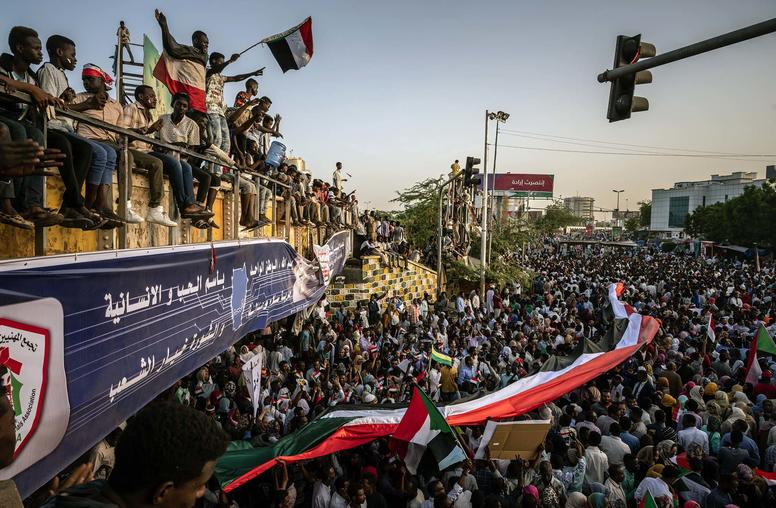
What Does Sudan’s New Cabinet Mean for its Transition?
The announcement on February 8 of a new Cabinet in Khartoum—the product of a peace accord signed by Sudan’s transitional government with several armed groups in October 2020 through a deal brokered by South Sudan—offers hope that the broader inclusion of political leaders can help address Sudan’s pressing challenges and create peace dividends. Unfortunately, the lengthy process of selecting new Cabinet members revealed additional fractures among both signatories to the peace deal and civilian political elements that seemingly offer competing visions for the transition and beyond.
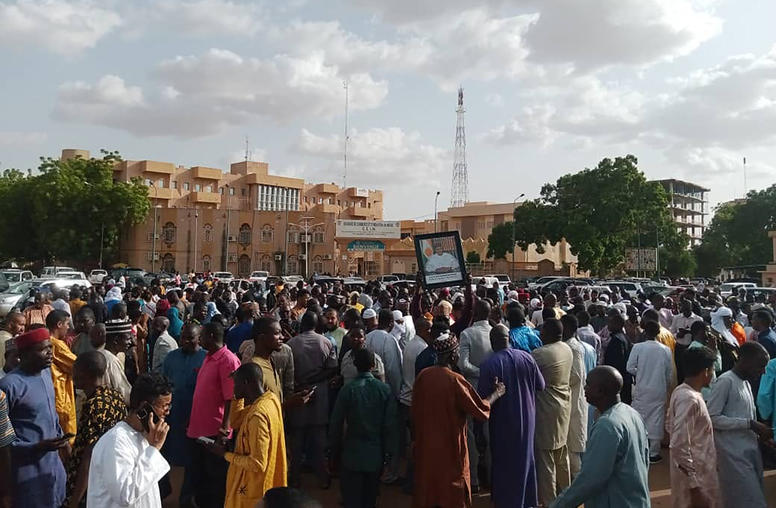
A Coup in Niger: What It Means for Africa, U.S. and Partners
This morning’s coup d’etat in Niger only deepens the pattern of instability across Africa’s Sahel and damages what has been a rare process of fairly steady democracy building in the region. Niger’s democratically elected government has been a valued partner for African and international efforts to stabilize the Sahel against its web of insurgencies, extremist movements and military coups. Kamissa Camara, a former foreign minister of Niger’s neighbor, Mali, now an analyst on the region with USIP, says the coup underlines lessons already evident about how to improve international efforts to build democracy and peace.
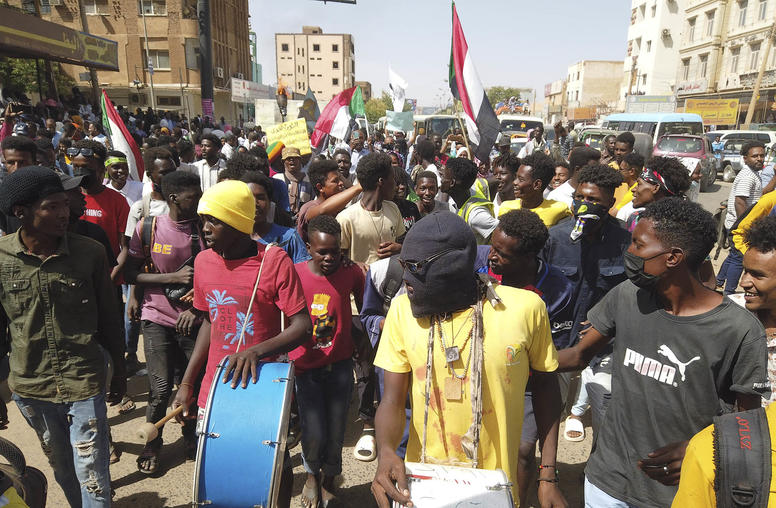
Countering Coups: How to Reverse Military Rule Across the Sahel
Three years of coups around Africa’s Sahel region — eight of them in six nations, from Guinea on the Atlantic to Sudan on the Red Sea — leave many African and other policymakers frustrated over how to respond. The Sahel’s crises have uprooted more than 4 million people and could add millions more to our record levels of global human migration as Africa’s population grows and its climate destabilizes. Yet the pattern of coups and other evidence — notably from USIP’s Sahel fieldwork, counter-coup research and bipartisan analysis teams — offer guidelines for effective responses by African, U.S. and international policymakers.
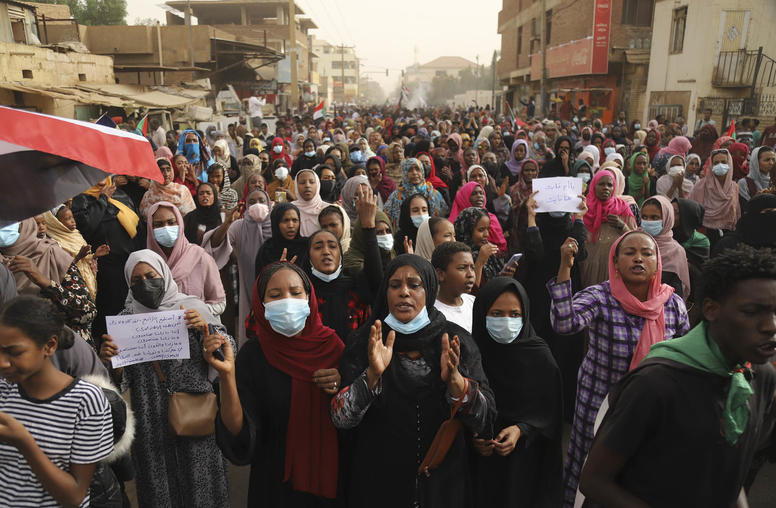
42 Months on, How Does Sudan’s Democracy Movement Endure?
Three and a half years after Sudan’s military deposed the authoritarian ruler, Omar Bashir, in response to massive protests, the current military leadership and divisions among political factions are stalling a return to elected civilian government. This year has brought a deepening economic crisis and violent communal clashes — but also a new wave of nonviolent, grassroots campaigns for a return to democracy. As Sudanese democracy advocates and their international allies seek ways to press the military for that transition, all sides should note, and work to sustain, Sudan’s nonviolent civic action.
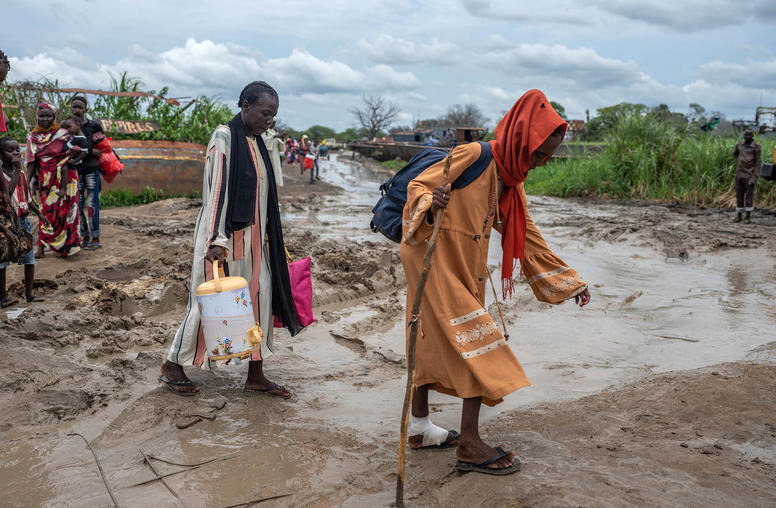
Civil War Pushes Sudan to the Brink of Humanitarian Disaster
Away from the headlines dominated by the wars in Gaza and Ukraine, a civil war between Sudan’s military and the paramilitary Rapid Support Forces (RSF) is pushing the country to the brink of a humanitarian catastrophe. As an allegedly genocidal RSF gains the upper hand, a U.N. official has warned that Sudan is “facing a convergence of a worsening humanitarian calamity and a catastrophic human rights crisis.”
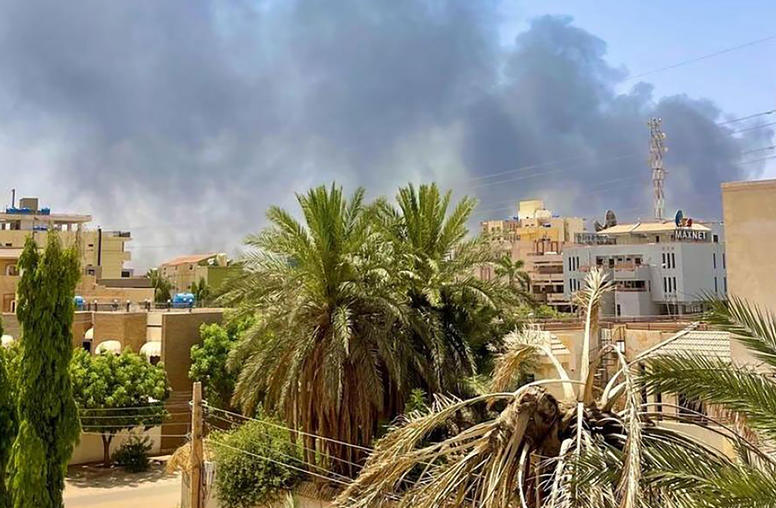
What’s Behind the Fighting in Sudan?
Since Saturday, violent clashes between the Sudan Armed Forces (SAF) and the paramilitary Rapid Support Forces (RSF) have been raging in the capital Khartoum and in other strategic areas throughout the country. While it’s unclear who initiated the fighting, the situation brings the de-facto leader of Sudan, the SAF’s General Abdel Fattah al-Burhan, into direct confrontation with his deputy, the RSF’s General Mohamed Hamdan Dagalo, who is also referred to as “Hemetti.”
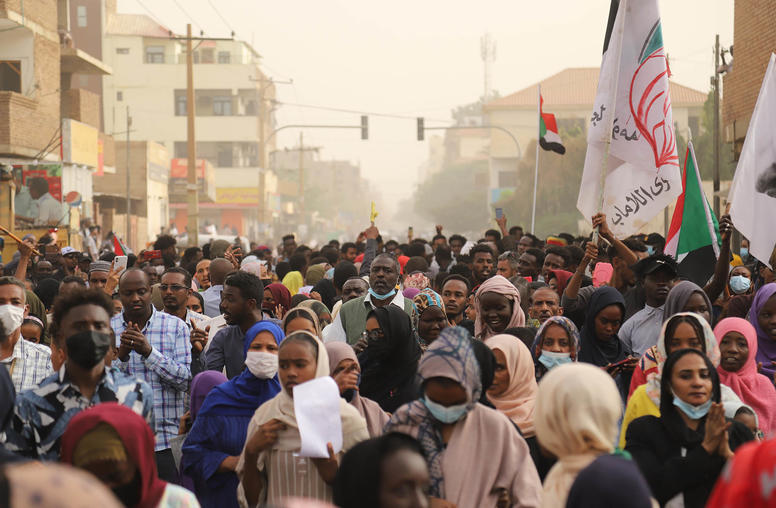
Amid Sudan’s Chaos, Youth Groups Work for Peace
Amid Sudan’s battle between security forces loyal to rival generals, young civil society leaders are working to stem the violence. These leaders are part of grassroots youth networks that have been central to Sudan’s five-year-old citizens’ movement for a transition from military rule to democratic civilian governance. Against the current violence, youth-led efforts are combating misinformation, providing humanitarian aid and organizing crowdfunding to secure food and medicine. As the international community presses combatants to end the conflict and safeguard civilians, it is crucial that they also support the youth-led civil society initiatives to stop the violence and address its causes.
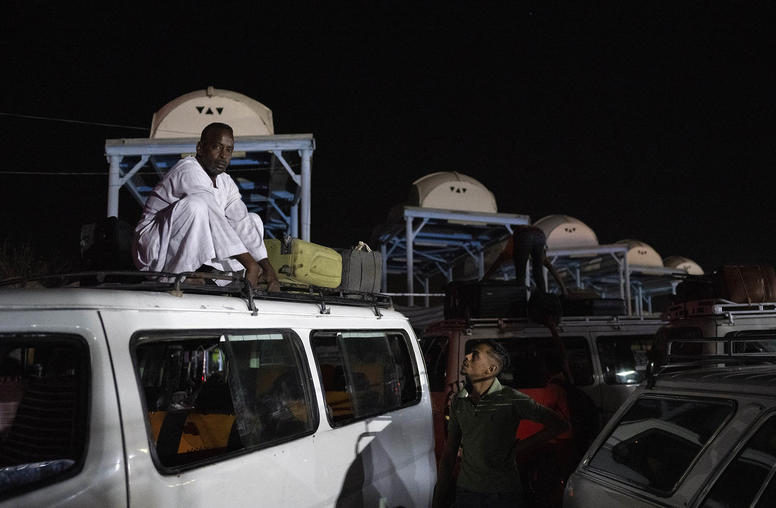
What Sudan Needs Right Now
The unthinkable is unfolding in Sudan. A humanitarian disaster is deepening, as the state is being torn apart. The spill over could impact East Africa and the broader region — already tens of thousands of Sudanese have fled. As we have seen with other conflicts in the region, it is likely that malign, foreign interests will seek to exploit the situation to advance their own interests. The risk of Somalia-like anarchy on the Red Sea is real if the current fighting continues and foreign support for the warring parties — the Sudanese Armed Forces (SAF) and the Rapid Support Forces (RSF) — continues to grow.
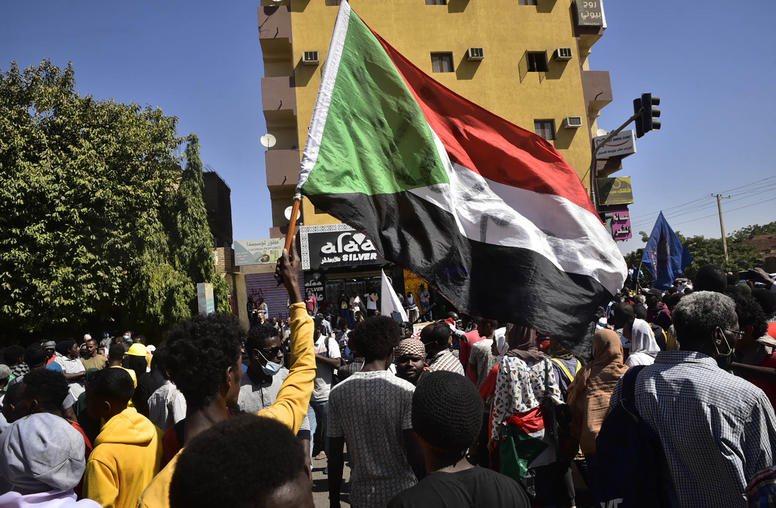
Sudan: Engage Civilians Now, Not Later
Over the last month, a series of cease-fires in Sudan have yielded minimal results. Fighting between the Sudan Armed Forces (SAF) and the Rapid Support Forces (RSF) has continued and even intensified in some places. While the capital Khartoum and areas surrounding key infrastructure remain the core battlegrounds, the clashes have spread into other parts of the country.